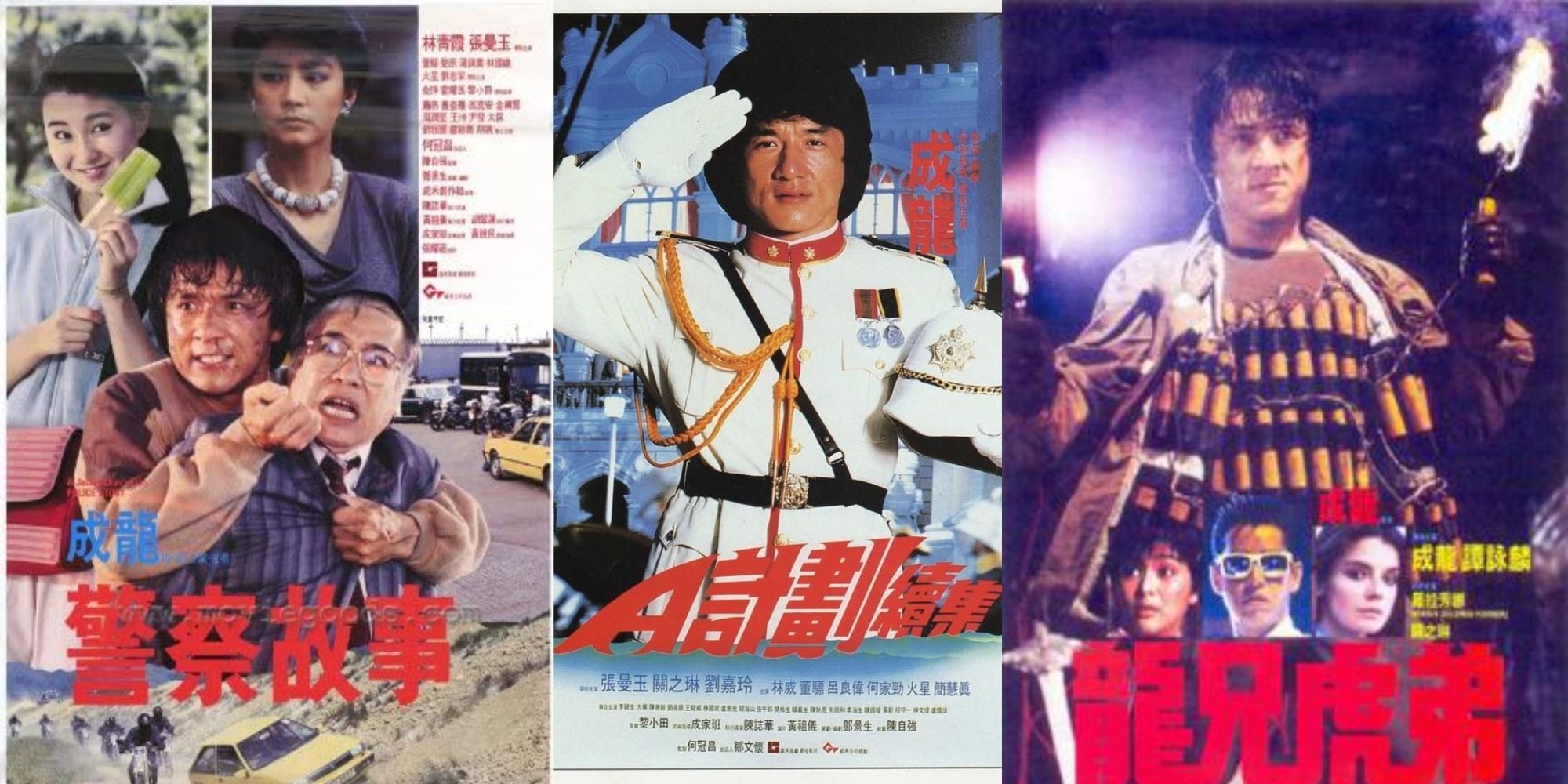It can often be daunting to be a cinephile. There is an overwhelming amount of movies out in the world, and nowhere near enough time to experience them all. In this case, we must be informed as to what filmmakers to keep an eye on, whether they be English or foreign-language directors.
“Once you overcome the one-inch tall barrier of subtitles, you will be introduced to so many more amazing films,”. In 2020, South Korean director, Bong Joon-ho, stunned the world by winning “Best Picture”, “Best Director” and “Best Original Screenplay” at the Academy Awards for his brilliant investigation into class conflict; Parasite. In the years since, with the help of streaming platforms breaking down distribution barriers, foreign films and tv shows have garnered more attention in the western world than previously thought possible. Squid Game, Money Heist, and even Oscar faves like Flee and Drive My Car have brought attention to foreign-language film-making, seldom seen before. The following directors are a small handful of essential and still-active filmmakers who have made a huge impact in world cinema and should be the first for you to seek out to expand your tastes.
Park Chan-wook
South Korean cinema is home to many of the greatest cinematic works ever produced, many of whom were directed by Park Chan-wook. If you love Squid Game and All of us are Dead, you partially have Park to thank. His 2003 masterpiece Oldboy is widely renowned as one of the greatest films ever. The ultra-violent story of a man’s brutal quest for revenge single-handedly skyrocketed western interest in South Korean movies. One thing that Korean cinema especially excels in, is the balancing of tones. A Park Chan-wook movie can run the gamut from terrifying, to depressing, hilarious, awkward, and even schlocky. Few directors can go to such disturbing places without coming off as lazy provocateurs being shocking for the sake of it. Park’s movies are extreme and confronting, but unlike directors such as Eli Roth, he never comes across as mean-spirited. They often revolve around people with bloodlust (in Thirst, literally) and the psychosexual relationship some people have between sex and violence.
Watching one of his films is never dull because he’s constantly shaking things up, when you suspect you’ve got his style figured out, he’ll experiment with cinematography and editing tricks you’d never guess. Extreme close-ups, thoughtful scene transitions, and rule-breaking are all par for the course. His English-language debut was the 2013 melodramatic thriller Stoker, starring Nicole Kidman. While Stoker is probably his weakest work (though still mesmerizing), it’s a fantastic jumping-off point for his more challenging Korean-language work.
Roy Andersson
In the blurb for Roy Andersson’s latest film, About Endlessness, it is described as “A kaleidoscope of the human condition”, which is just about the perfect description of his filmography. His most famous works reflect a somber march towards the grave by way of Wes Anderson’s pessimistic older cousin. Though he isn’t at all related to Wes Anderson, his films are just as quirky. Andersson’s most famous works, Songs from the Second Floor and You, The Living, and A Pigeon Sat on a Branch Reflecting on Existence, consist mainly of pastel shades of blue and green mixed with grey and beige. Andersson utilizes these desaturated colors to paint vignettes reproducing the mundanity and quiet sadness of life.
Everyone in a Roy Andersson flick looks like a paler version of the zombies in Romero's Dawn of the Dead, and they are zombies in a way. Andersson’s tableaus are like an absurdist, bizarro-world Barry Lyndon, inspired by the photographic works of Marc Chagall, Kukryniksy, and Andy Warhol. Though primarily a director of commercials, Andersson’s unmistakable style, especially over the last 20 years, has made a tremendous splash.
Alejandro Jodorowsky
They say there is a fine line between madness and genius. Alejandro Jodorowsky is the human embodiment of that line. With 60 years of experience under his belt, Jodorowsky’s movies are delightfully absurd, often maniacal plunges into the wackiest aspects of life. If you’ve always wanted to challenge yourself by watching older foreign movies, but you’re worried that you may find them boring, then Jodorowsky is the director for you. His most acclaimed works, El Topo and The Holy Mountain are fun, yet chaotic examinations of humanity’s relationship to religion and existentialism. While many of his movies at first appear unapproachable, his most recent films, such as The Dance of Reality and Endless Poetry are autobiographical, despite the absurdist imagery.
The music he utilizes is often eclectic, his production design is meaningfully theatrical, and his themes profound. He’s a weird artist that makes you marvel at how creative some filmmakers can be. Jodorowsky’s films are endlessly fascinating and never cross over into pretentiousness. Most western viewers may know him from the cult 2013 documentary, Jodorowsky’s Dune, where the enigmatic director tells viewers all about the complex plans for his unmade adaptation of Frank Herbert’s Dune. It’s a fantastic starting point to get a glimpse into such a bizarre figure.
Michael Haneke
Michael Haneke is not the most accessible director out there. He has made a career out of making challenging and intentionally unsatisfying experiences that take multiple views to appreciate. His films rarely incorporate non-diegetic music and are mostly compiled of long, wide takes with an omniscient quality. His favorite movie is the infamous Salo, or the 120 Days of Sodom, which makes perfect sense, given his fascination with generational cruelty and pathological youth.
Haneke never holds your hand, he treats viewers with respect and expects you to figure out what he is saying for yourself. Though his films can be slow, long, and even frustrating, if you’re in the right mindset, they can be exhilarating. Haneke is the only Austrian director to win the coveted Palm D’or twice, and his 2012 effort Amour won an Oscar for best foreign-language film. He has one entirely English-language film, Funny Games (a-shot-for-shot remake of his 1997 film) that is a rare remake better than the original. If Funny Games (2007) connects with you, dive into the rest of his impressive filmography.
Pedro Almodóvar
Sometimes credited as simply “Almodóvar”, this Spanish director is possibly the most critically acclaimed LGBTQ+ filmmaker in the world. His movies focus on life-affirming narratives of people from stigmatized cultures or taboo sexualities. Known for his many collaborations with Penélope Cruz and Antonio Banderas, as well as his irreverent sense of humor, Almodóvar has an eclectic filmography. I’m So Excited is a campy, sexually charged fluff-fest, while his masterpiece The Skin I Live In is one of the most disturbing thrillers ever made.
Time Magazine voted his 2019 movie Pain and Glory the best movie of the year, while his most widely acclaimed work All About My Mother won “Best International Feature” at the 72nd Academy Awards. He has spent his career giving a voice to characters from minority communities who lack representation and face unparalleled prejudice. He deserves recognition for this just as much as his storytelling prowess.
Thomas Vinterberg
Getting his start alongside Lars Von Trier, who he would go on to create the “Dogme 95” movement with; Danish director, Thomas Vinterberg is one of the most famous voices in modern film. Though he has directed a few movies in English, such as Far from the Madding Crowd, by far and away his strongest efforts are in his native tongue.
Vinterberg’s heart-wrenching and under-seen Submarino is an eye-opening reminder about how trauma and poverty curse generations of families to come. The Celebration and The Hunt (not to be confused with the controversial, but toothless, Hilary Swank movie) both examine different societal responses to sexual abuse allegations, victim-blaming, and mob mentality. His most recent film, Another Round, is his most accessible work, and while it’s not his best, it won the International Feature Oscar in 2021. If you’re a Mads Mikkelsen fanatic, Vinterberg’s films are essential viewing, as Vinterberg has managed to pry some of the best performances of the 21st century out of Mads.
Ruben Östlund
The films of Ruben Östlund are interested in social contracts and the communal responsibility we all have to each other. His movies place social interactions under the microscope and force us to scrutinize our behavior. Where Östlund excels is in scenes of awkwardness. Force Majeure boasts the most hilariously uncomfortable double date you’ve ever had the pleasure of cringing through, while The Square contains possibly the most awkward post-coital scene ever. When Östlund's characters say or do something unwise, we bask in their embarrassment.
It took a while for Östlund to find his place in the filmmaking world. His first three movies, while still impressive and well-made, feel like copies of other, more accomplished directors, including some on this list. Play and Involuntary are both well-made flicks but don’t have the unique artistic qualities that would underpin his later works. With Force Majeure, Östlund found his voice, and along with it, a welcome place in world cinema. Look out for Triangle of Sadness, his upcoming black comedy starring Woody Harrelson. Östlund is currently on a hot streak, so keep your eyes on him.
Jackie Chan
Not every foreign director is focused on making art-house movies that aim to make profound statements on the human condition; some directors just want to create thrilling experiences that set the audience's hearts racing. Jackie Chan movies are a great example of high-octane Hong Kong action films that inspired many conventions in western cinema. What makes Chan stand out is that his movies (in which he also stars) are hysterically funny, mad-cap comedies as well as heart-pumping thrill rides. His characters are competent fighters, yet are prone to extreme acts of stupidity. Imagine if John Wick had the social grace of Inspector Clouseau.
Some of Chan’s movies have action sequences so relentless and bombastic that they would make Michael Bay blush. Yet, unlike Bay movies, Chan’s aren’t three-hour slogs with indecipherable action. His best works are clinical and don’t have a second of wasted time. Chan utilizes wide shots with the perfect amount of coverage and length, not only in his hand-to-hand combat scenes but in the more explosive set pieces. Jackie’s world-renowned stunt team meticulously practices the fight choreography before training, and some moves are filmed upwards of 100 times to get the perfect shot. His movies (particularly Police Story and Project A) are the perfect flicks to watch with friends and family for movie night. To gain further insight into Jackie Chan’s creative process, he directed a documentary called My Stunts in which he goes into detail about his directing process, as well as his many injuries resulting from his dangerous antics.

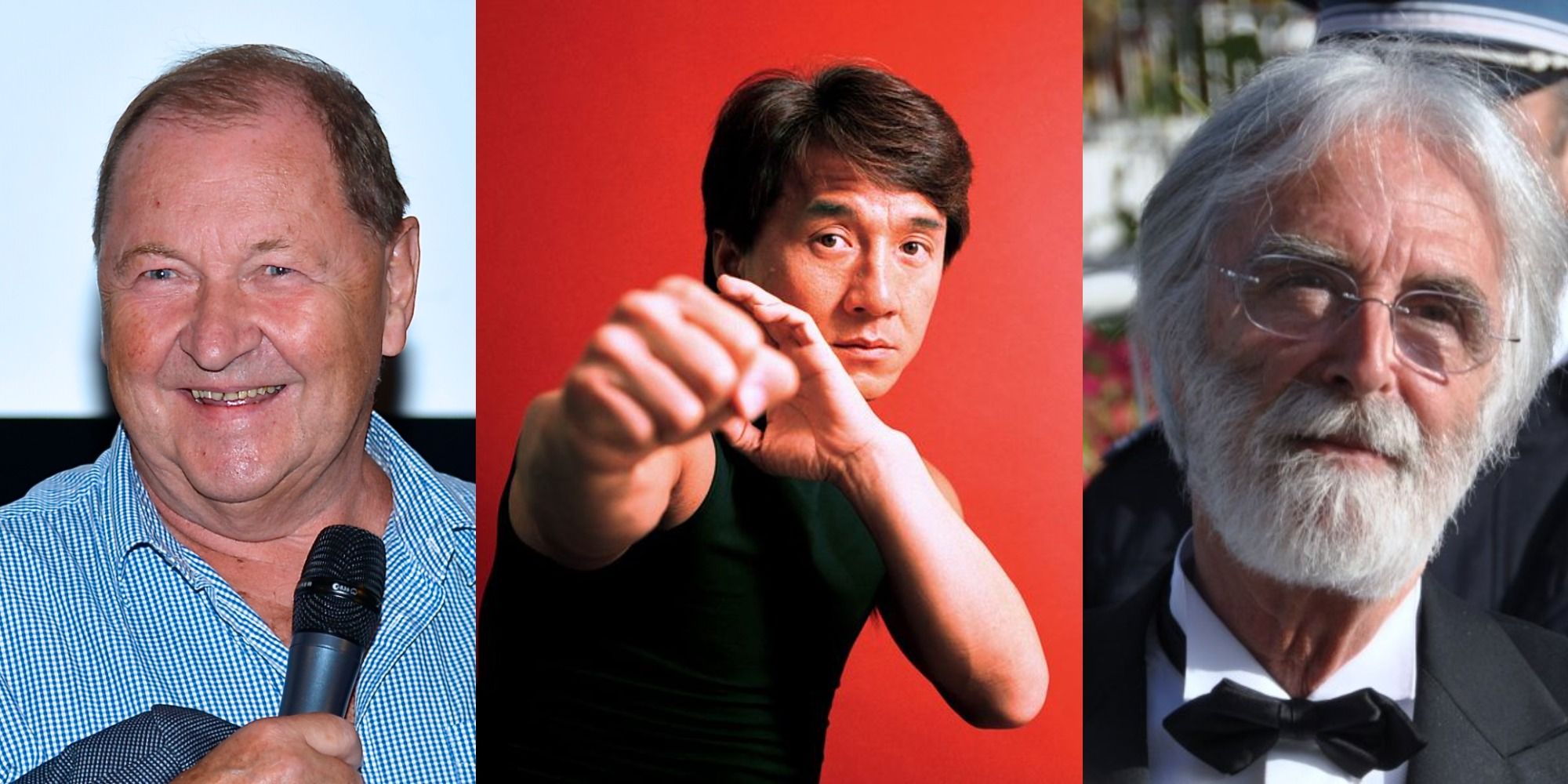
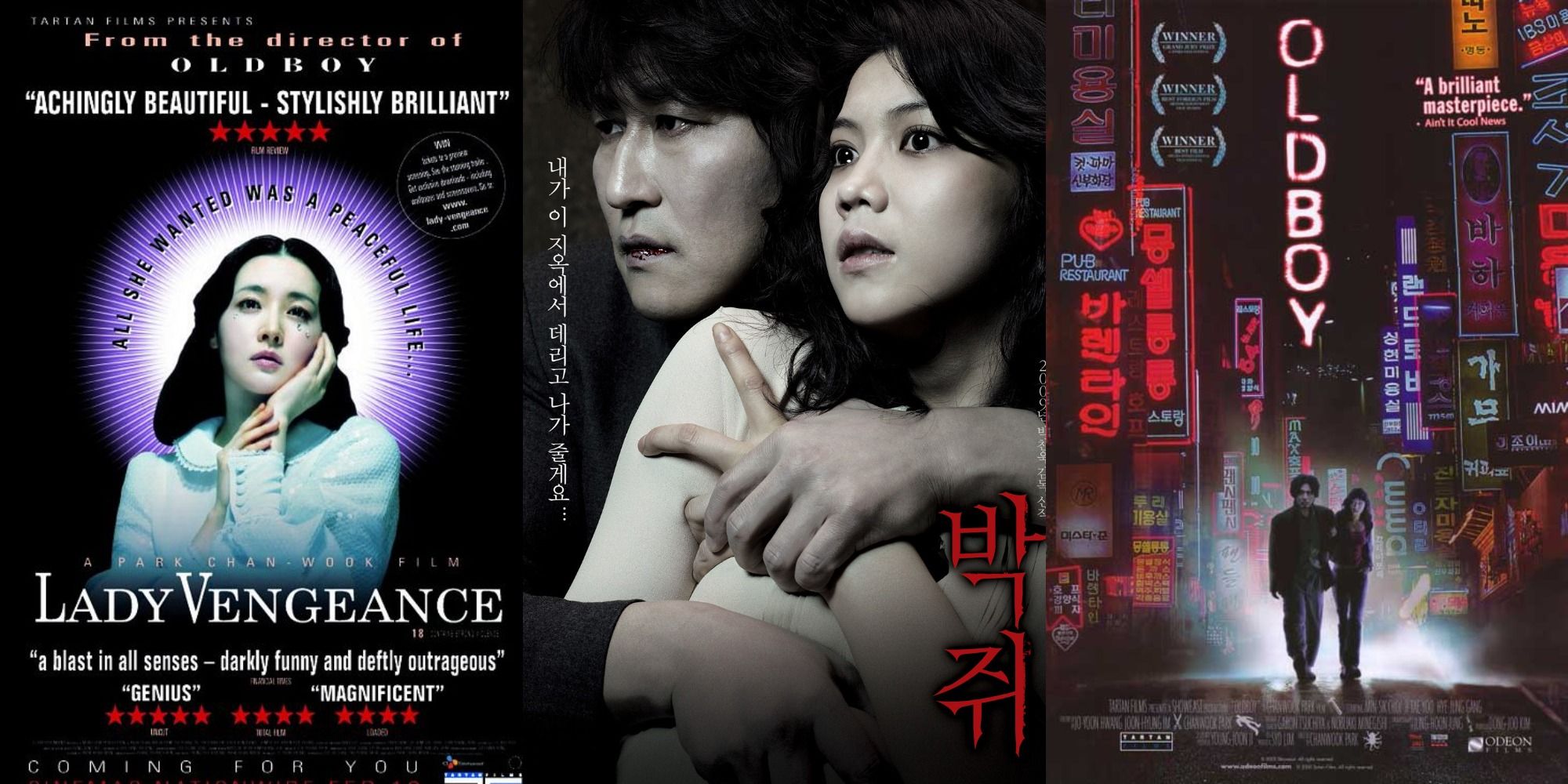
.jpg)
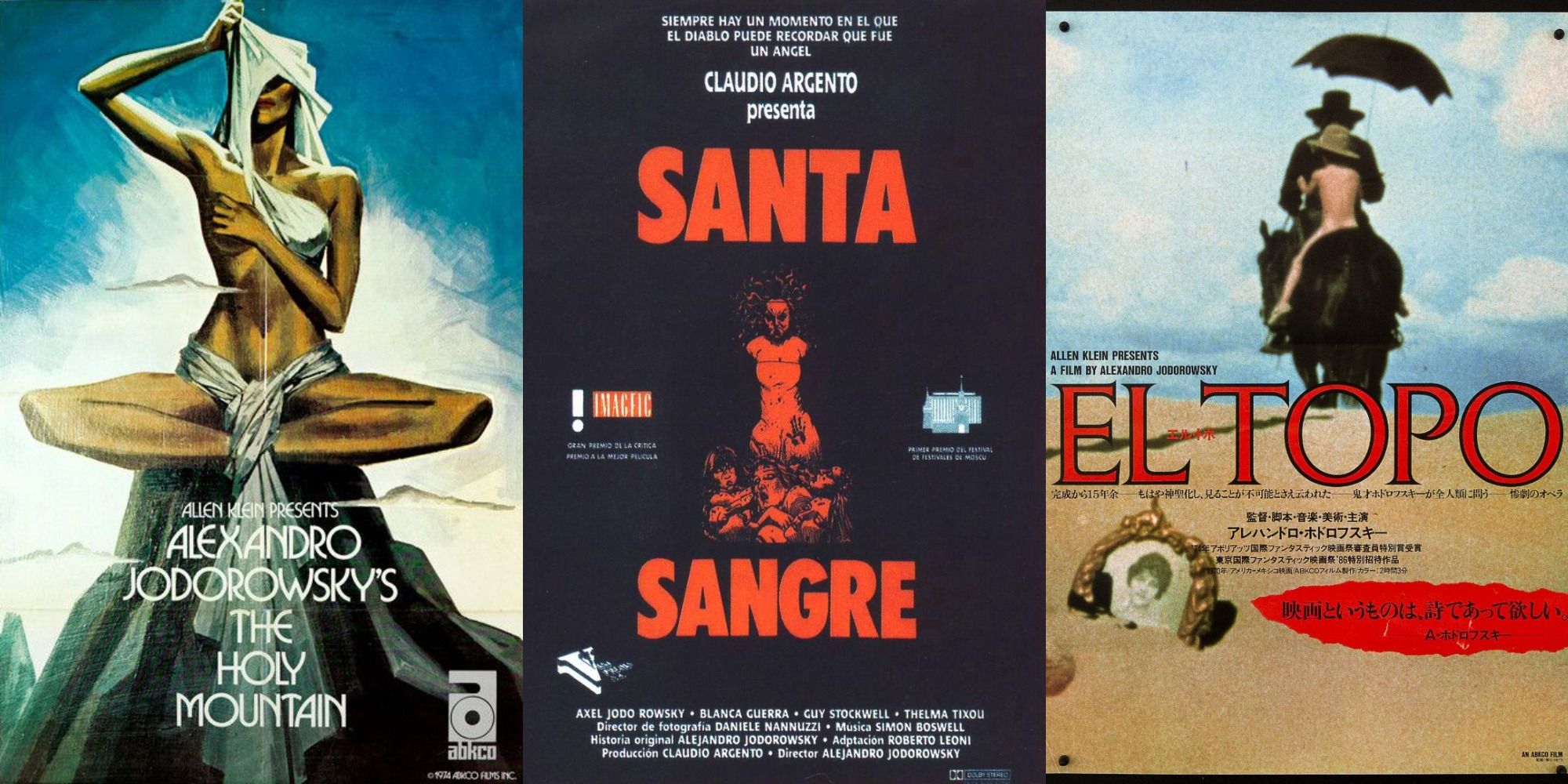
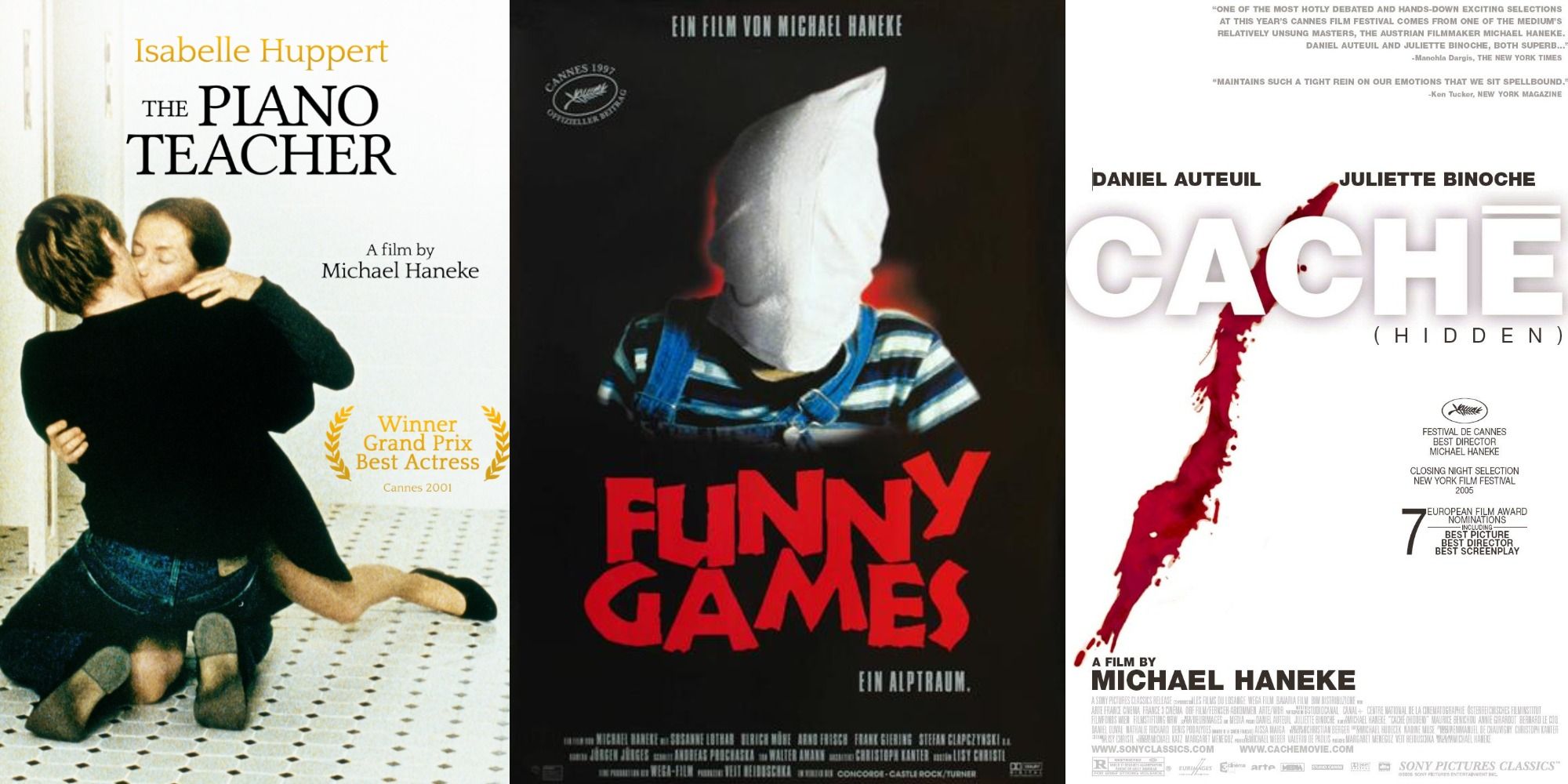
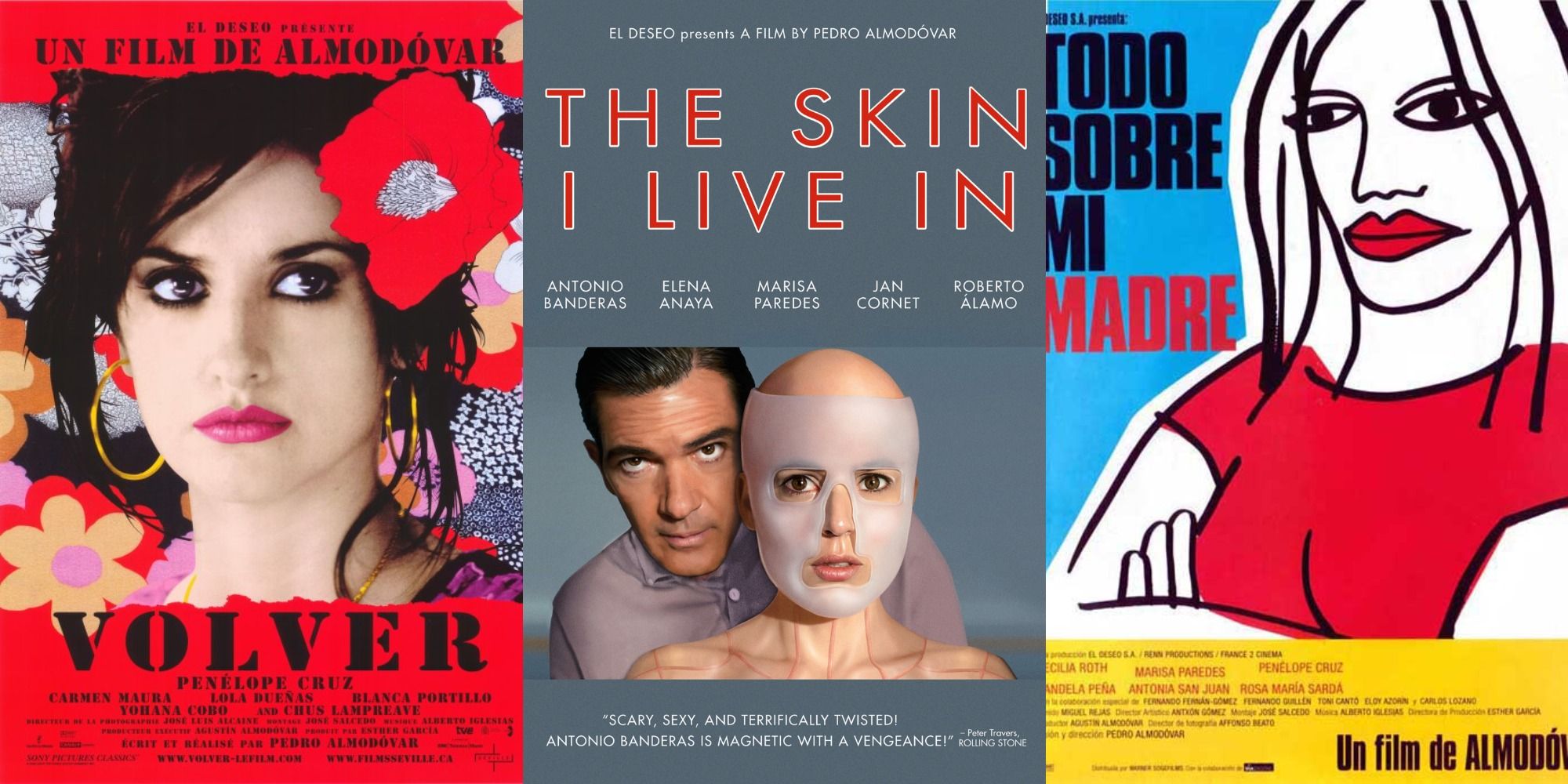
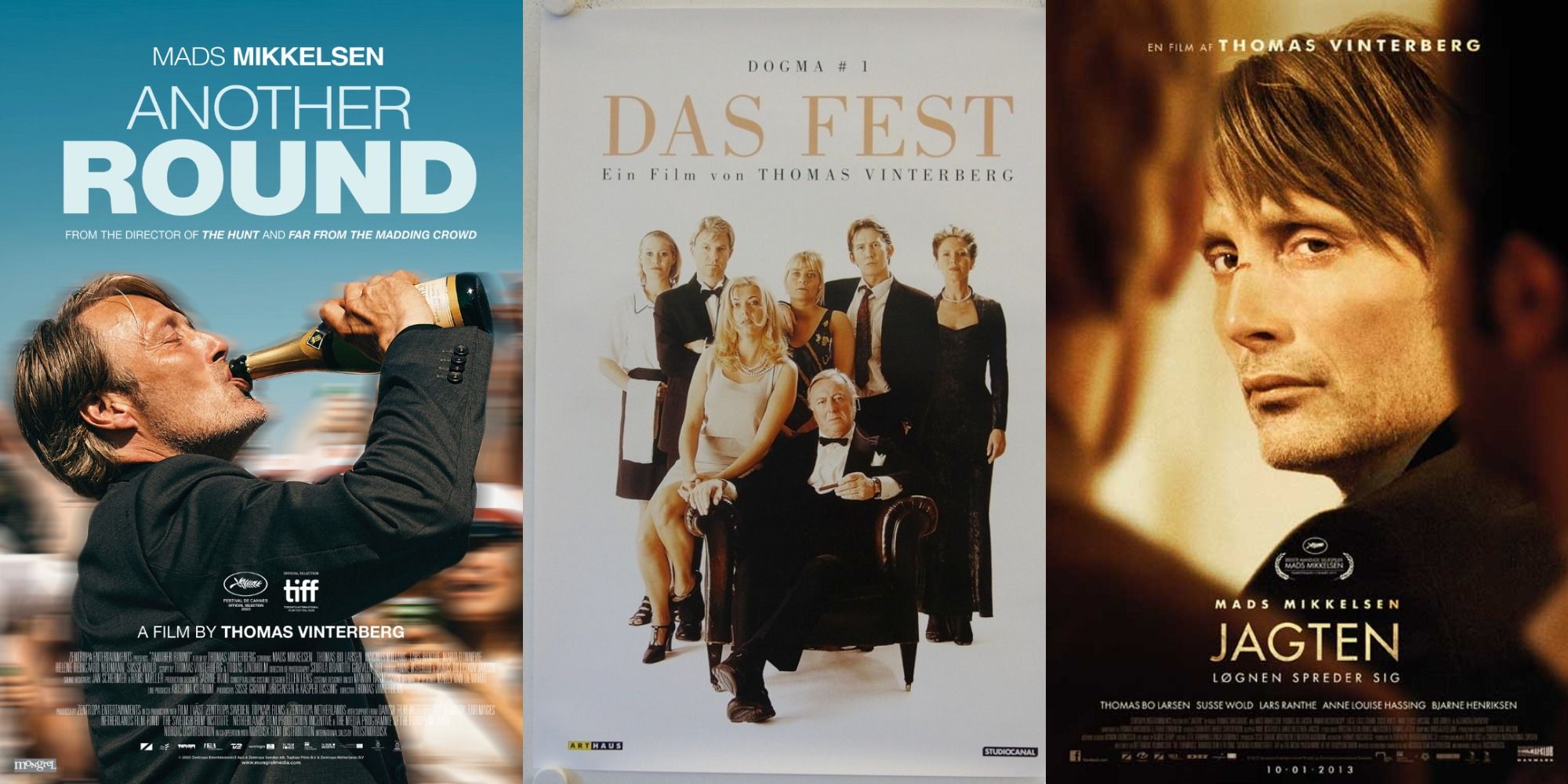
-11.jpg)
